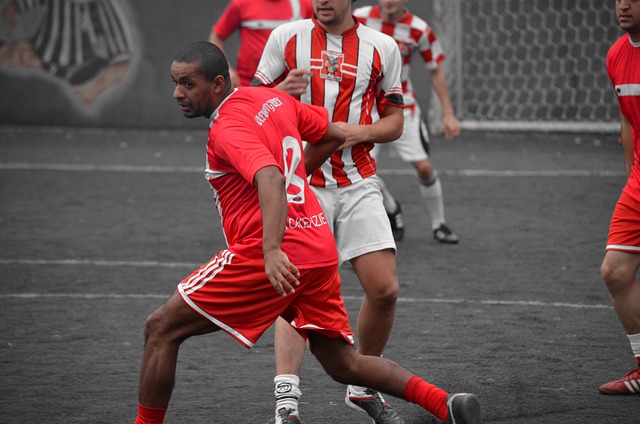In recent years, Teen Challenge lawsuits have brought attention to allegations of abuse within a Christian-based rehab program for at-risk youth. Victims claim physical, emotional, and psychological harm due to assault, negligence, and false imprisonment. Critics argue that aggressive conversion therapy and strict discipline escalate into abuse. These cases aim to acknowledge trauma, prevent future tragedies, validate victim stories, and push for systemic changes, offering both financial compensation and holistic support services for healing.
“In recent years, a series of lawsuits against Teen Challenge programs has brought attention to alleged harm inflicted upon participants. This article delves into the complex world of Teen Challenge lawsuits, offering a comprehensive overview of these legal battles. We explore the impact on victims and the critical quest for justice, highlighting the emotional and psychological scars left behind. Furthermore, we investigate potential paths to healing and legal remedies, emphasizing the importance of support systems in helping affected individuals find closure.”
- Understanding Teen Challenge Lawsuits: A Comprehensive Overview
- The Impact on Victims and the Search for Justice
- Potential Paths to Justice and Healing for Affected Individuals
Understanding Teen Challenge Lawsuits: A Comprehensive Overview

Teen Challenge lawsuits have gained significant attention in recent years, shedding light on allegations of abuse and mistreatment within the organization. These legal actions are brought forth by individuals who claim to have suffered physical, emotional, or psychological harm while participating in Teen Challenge programs. The suits often center around issues of assault, negligence, and false imprisonment, among other charges. Understanding these lawsuits requires a comprehensive overview of the Teen Challenge program, its structure, and the allegations that drive victims to seek justice.
The Teen Challenge is a Christian-based organization that offers rehabilitation programs for at-risk youth, focusing on spiritual growth and personal development. However, critics argue that some facilities employ aggressive conversion therapy techniques and strict disciplinary measures that can cross into abusive behavior. As these controversies unfold, victims are encouraged to come forward and share their stories, aiming to hold the organization accountable and ensure justice for their experiences.
The Impact on Victims and the Search for Justice

The Teen Challenge lawsuits have had a profound impact on the lives of their victims, leaving them with emotional and psychological scars that can last a lifetime. These individuals often face an uphill battle to seek justice and hold accountable those responsible for the harm they endured while participating in these programs. The journey towards healing and redress is often long and arduous, as many victims may feel intimidated by legal processes or struggle to find the resources to pursue a claim.
The search for justice goes beyond monetary compensation; it involves acknowledging the trauma inflicted and ensuring that similar tragedies are prevented in the future. Victims deserve a platform to share their stories and have their experiences validated. Legal action not only provides financial relief but also serves as a powerful tool to raise awareness about potential abuses within such organizations, pushing for systemic changes and better safeguards for at-risk youth.
Potential Paths to Justice and Healing for Affected Individuals

For victims seeking justice in the wake of Teen Challenge lawsuits, there are several potential paths to healing and resolution. One crucial step is Teen Challenge lawsuit settlements, which can provide much-needed financial compensation for physical, emotional, or psychological injuries suffered during participation in their programs. These settlements acknowledge the harm inflicted and offer a form of closure for affected individuals.
Additionally, support groups and therapy services specialized in helping survivors of religious exploitation can play a vital role. Such resources enable victims to share their experiences, process trauma, and receive individualized counseling tailored to their unique needs. This holistic approach to healing addresses not just the physical wounds but also the psychological scars left by intensive religious programs like Teen Challenge.
In light of the above discussions, it’s clear that justice for victims of Teen Challenge lawsuits is a complex yet crucial issue. Understanding the nature of these lawsuits and their profound impact on individuals is essential for fostering healing and accountability. For those affected, seeking legal counsel and exploring potential paths to justice can be a vital step towards closure. By raising awareness about Teen Challenge lawsuits, we can ensure that victims’ voices are heard and that they receive the support and redress they deserve.
